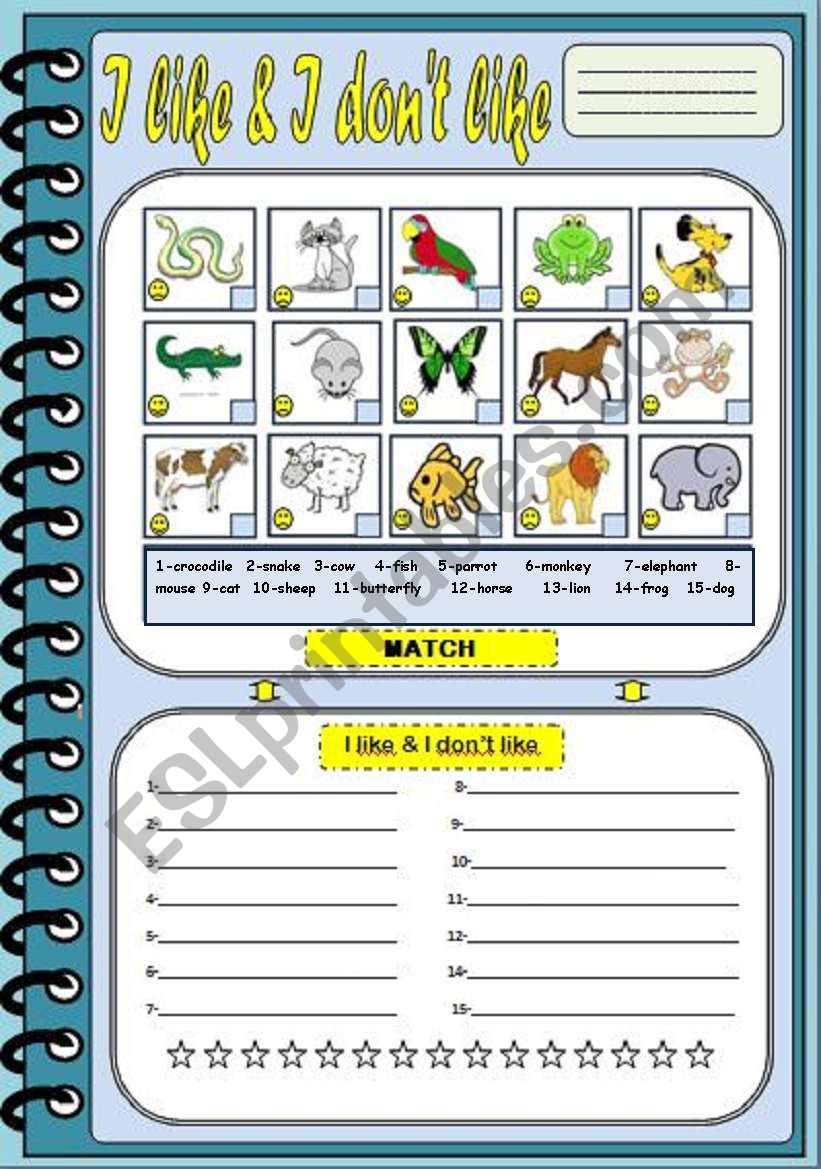
Listen to your friend as they tell you about their experiences or emotions. As an example, you could say, “I’ve noticed that you haven’t been acting like your normal self lately, and I’m worried about you. If someone shares their feelings with you or if you notice concerning behavior changes, let them know you’re worried about them. If someone expresses difficulties, acknowledge their feelings and let them know that you hear them. Oftentimes, if someone is depressed or thinking about suicide, they will disclose their thoughts and feelings to friends before seeking out resources. If you notice a roommate, friend or classmate experiencing any of these symptoms, here are a few things you can do to help:

If you are having thoughts of suicide, call 30 to access 24/7 crisis support from Counseling and Psychiatric Services (CAPS). If you are currently experiencing one or more of these symptoms, it’s okay to seek support. You can also substitute the phrase "for a while" for the one-word form in your context to help you decide.How to help someone who may be experiencing depression

If you don't trust your own feeling for language that far, you can use a rule of thumb based on the consensus of the handbooks: use a while after a preposition and before ago or back, and use awhile in other places. You can follow your own feel for the expression and write it as one word when that seems right and as two words when that seems right.

There are, therefore, a few things you can do. It is also obvious that using awhile or a while makes no great difference to the reader. It is obvious that both awhile and a while are in wide use in places where some language commentators believe the opposite form belongs. These adverbial noun phrases beginning with a and a space make it difficult to say that a while should not be used in such contexts. In this case, the difficulty of deciding what form is correct is complicated by the fact that a number of noun phrases can function as adverbs. If you are planning to stay a while, rent a covered cabana with cushioned chairs. On the other side, there is frequent use of a while as an adverb. Jayne O'Donnell, USA Today, 27 June 2011 Prices were going up rapidly nine months ago, peaked awhile back, and now, we're starting to see cotton prices go down and be more stable. Elizabeth McKenzie, The Saturday Evening Post, January/February 2012 He said Miller was down on his luck and that he wanted to help him out for awhile. Gary Miller, National Geographic Explorer, March 2012

After awhile, the plant goes back to normal. When the touch-me-not plant is touched, its leaves fold up. In fact, some people who observe language patterns note that the usage of awhile after a preposition or with words like ago or back is becoming so common that it may eventually become standard. The rules governing usage of the adverb and phrase are frequently broken, however. Marschall, Natural History, May 2015 Broken Rules Living deep in the Pennsylvania woods a while back, I became familiar with the trees that shaded my house and provided fuel for the stove….
#IF YOU HAVENT DONE TIME DONT TALK LIKE YOU HAVE OFFLINE#
She was having computer trouble, she told him, and would be offline for a while.Īt a luncheon I attended recently, a speaker shared with the audience something I had said a while ago. Perhaps having to wait awhile isn't an entirely bad thing. Most grammarians feel that awhile should only be used to modify a verb and a while should be used after prepositions or in phrases like a while ago or a while back. 'Awhile' is typically used to modify a verb: "I'm going to sit and read awhile." 'A while' is typically used after a preposition: "I'm going to read for a while longer." Loose Rules for Awhile vs A While


 0 kommentar(er)
0 kommentar(er)
